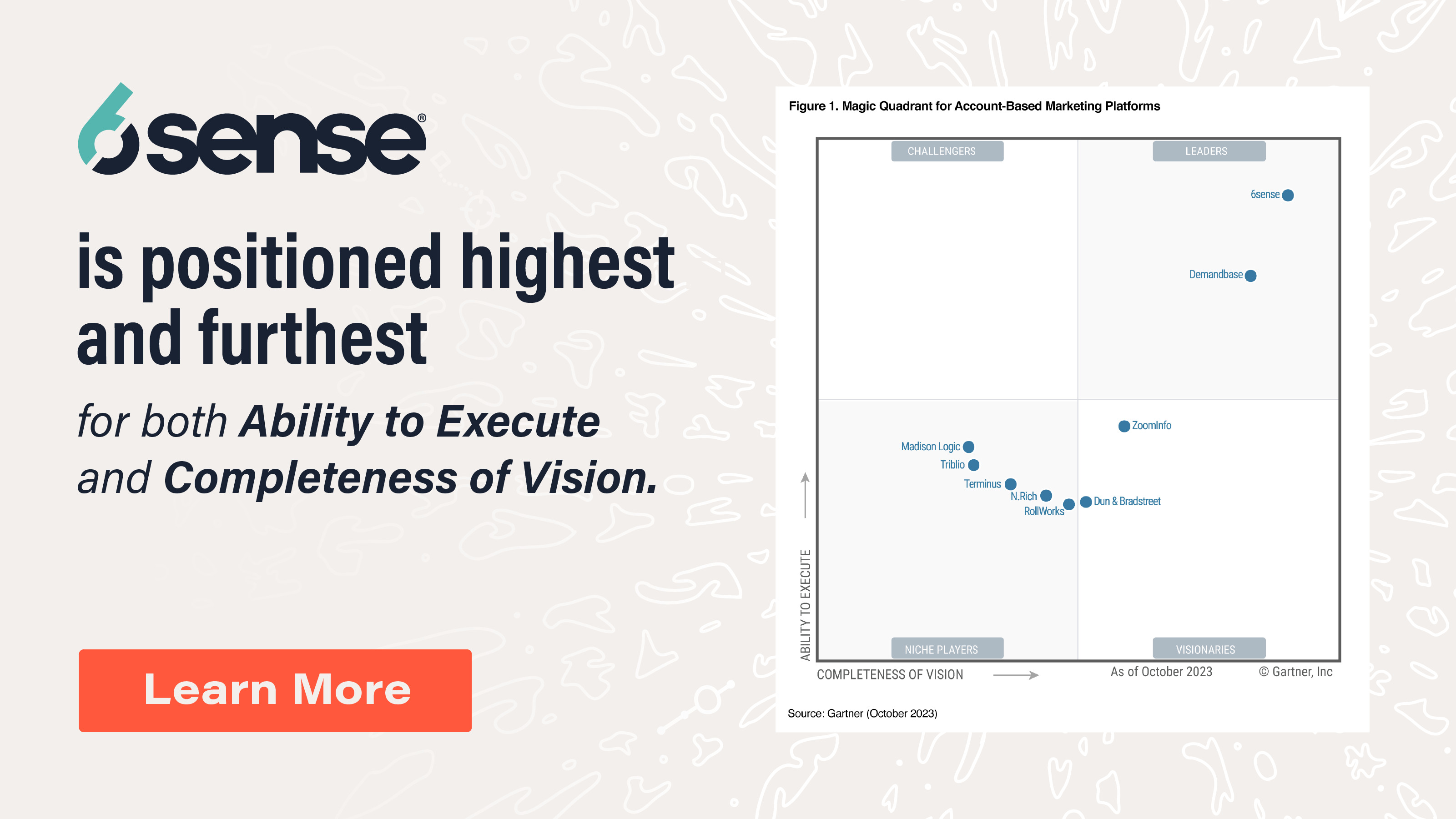You can’t succeed at B2B sales without world-class data. But the mere possession of data isn’t what makes it valuable. First, you have to do some data alchemy, transforming data points into something that makes sense — something that your revenue team can actually use.
Like turning lead into gold, it’s this conversion of raw data into actionable insights that leads to operational efficiency and effective pipeline management.
This article expands on the topic covered in the video below. Feel free to watch it for a quick intro before digging deeper:
The Foundation: Transparency and Accessibility
The initial step toward turning data into action is giving all stakeholders visibility into key performance indicators (KPIs). This transparency and democratization of data ensures every team member understands pipeline and revenue metrics, as well as next steps.
Much like the fabled process of alchemy requires special lab equipment, you’ll need a data platform with the following to transform data points into insights that your revenue team can use:
- Real-Time Updates: Real-time visibility into pipeline and revenue metrics enables teams to make timely decisions and take immediate action.
- Customizable Dashboards: Flexibility ensures that each team member can focus on the metrics that are most relevant to their role and responsibilities.
- Drill-Down Capabilities: Capabilities like segmentation allow users to dive deeper into the data and gain more granular insights.
Dashboards for High-Level to Granular Analysis
In alchemy, the alembic is a tool used for distillation and transformation of base metals into noble ones. Similarly, dashboards can be seen as the modern business alembic: They distill vast amounts of raw pipeline data into the “gold” of insights that drive strategic decisions and operational improvement.
Dashboards can act as a macroscopic lens, providing a bird’s-eye view of the business — or a microscopic lens, allowing for granular analysis down to individual team members or sales reps.
Looking at the data from all angles and levels is crucial for understanding the complexities of sales pipelines and achieving strategic alignment of individual contributions with overarching business objectives.
The Power of Collaborative Review
The alchemists of old had sages to turn to for wisdom, though finding these great scholars was often a difficult quest. Revenue team members have it much easier; they can — and should — rely on and learn from each other.
Regular pipeline review sessions transform individual insights into team-based strategies. When team members with different roles come together, they bring a unique perspective that uncovers hidden insights in the pipeline data that might otherwise be missed.
Collaboration in interpreting pipeline data enables teams to identify and address potential issues more quickly, too. For instance, a sudden drop in the pipeline at a certain stage might be readily diagnosed as a problem with product features, marketing messaging, or sales tactics, depending on the collective insights of the group. This rapid diagnosis and response can be the difference between meeting quarterly targets or falling short.
Involving individuals with the authority to make decisions ensures that actionable insights derived from the data can be implemented swiftly. This agility is crucial for seizing opportunities and responding rapidly to challenges.
Pipeline Calls
An important type of collaboration centered around pipeline is the pipeline call, structured discussions where sales representatives, managers, and sometimes marketing teams review the current opportunities within a company’s sales pipeline.
Pipeline calls provide visibility into active deals, identifying which deals are moving forward, which are stalled, and which might need more resources. These regular updates keep all stakeholders aware of the pipeline’s status, facilitating collaboration and strategy alignment. Think of it as an opportunity to discover and refine your sales team’s recipe for success, for turning prospective customers into gold.
These calls foster a sense of accountability among sales reps and managers by making sure that opportunities are not neglected, that necessary steps are being taken to nurture each deal, and sales reps can get advice for dealing with challenges and roadblocks.
Pipeline calls are crucial for accurate sales forecasting, too. Discussing the status of deals and estimating close dates and success probabilities helps refine sales forecasts. A culture of honesty and transparency is critical, because accurate forecasts are essential for broader business planning, including budgeting and resource allocation.
Continuous Review and Iteration
Collaborative review and pipeline calls are necessary for continuous improvement of pipeline management, with each meeting laying the groundwork for the next. Assessing the effectiveness of previously set action items allows for the ongoing refinement of strategies and processes, hence why this iterative cycle is key to adapting to ever-evolving challenges and transforming the latest data and insights into action.
This cyclical, iterative approach to reviewing and acting on pipeline data is important for:
- Reviewing effectiveness
- Learning from outcomes
- Staying agile and flexible
- Leveraging the latest data
- Pivoting on and adjusting strategies
- Promoting a culture of improvement
- Aligning revenue teams
This iterative review process is at the core of pipeline management, not only enhancing the efficiency and effectiveness of the sales process, but also driving sustainable growth.
Wrapping Up
Data’s true value comes from transforming raw data points into insights that inform strategic action. Using dashboards that act as a single source of truth for revenue teams and fostering a culture of transparency and collaborative review is the secret to turning data in pipeline management — and revenue generating — gold.



